Purpose
In this exercise delegates put themselves in the medieval era and try to look at the world from a new point of view. Their view is then compared to modern times. In the medieval era, people didn’t know what laser or a computer or a humble can opener was. When a modern person mentions them, a medieval person should get confused. As you can imagine, this is a very fun exercise.
Through this contrast of era many topics can be explored and scrutinised. This exercise helps us, the modern people, to appreciate what the medieval people didn’t have. Here are some examples for comparison:
- Technologies
- Discoveries
- Philosophical understanding
- Social issues
- Attitudes towards religion such as believing without questioning
- Attitudes towards justice
- Racial, gender and equality issues
- Political correctness
- Meritocracy versus class-based society
- Attitude towards the ruling class
This can be a fun way to explore some very serious topics, though the main benefit of this exercise is to practice listening skills. The exercise is designed to make people focus on what the other person is saying. It is also great for roleplaying, acting, storytelling and learning history
Objective
Put yourself in the position of a person who lived 500 years ago and listen to a person of the modern era and flag anything you don’t understand.
What You Need
- An area where delegates can pair up and have an uninterrupted conversation.
Setup
- Divide the delegates to pairs.
- Ask the pair to decide who will be the medieval character and who the modern character.
- Set the era that the medieval person lives in, so everyone is on the same page. For example, say that the medieval character lived in the 15th century. The medieval characters can even pick an exact date for their character in order to imagine their era accurately.
- Ask the both characters to introduce themselves to each other.
- Ask the modern characters to start the conversation by talking about a subject or describe an object. Here are some examples:
- What happened on the way from home to here?
- What are you planning to do tonight?
- Talk about the latest fun gadget you have just purchased
- Tell a story you read in the news that was amazing.
- Talk about your upcoming summer holiday.
- Talk about your hobby.
- Talk about what you do for a living.
- As the modern characters start telling their stories, the medieval characters should roleplay their historic characters. They should accept things they know and understand, but question things they don’t. For example, here is an exchange:
- Modern character: “I missed my train today. The ticket machine wasn’t reading my contactless card.”
- Medieval character: “What is a train? Ticket machine? Couldn’t read a card without touching it? Do you need to touch a card to read it? I don’t know how to read myself, but I thought people just looked and read with their eyes. I don’t understand.”
- As you can imagine there can be a lot of amusement in this exercise. The medieval character should practice active listening and catch everything that could not have been known at the time. The modern character should observe the medieval person’s reactions and note down any modern remarks made that was not flagged as being unusual.
- Allocate 10 minutes for this exchange.
- Ask each pair to analyse their conversation and highlight anything else that should have been flagged.
- Now swap the roles and repeat the exercise again for another 10 minutes.
- Follow with a discussion.
Timing
Explaining the Exercise: 5 minutes
Activity: 10 min first round + 5 min analysis + 10 min swapped roles + 5 min analysis = 30 min minutes
Group Feedback: 10 minutes
Discussion
How did it feel to adopt the mindset of a person who lived so long ago? Did this exercise make you appreciate what you use and have? While listening, did you feel you had to be much more active and focus on what the person is saying, that there was no way you could daydream or think of what you wanted to share instead? Did the exercise flag areas that we routinely ignore such as our modern attitude towards equality, class, money, merit, professionalism, producing waste, hygiene, and so on? What was the greatest lesson you learned in this exercise?
Variations
You can also run the exercise backwards. This way the medieval person should tell a story and the modern person should listen and flag anything not understood. However, this is much more difficult to do in real time, because being modern we know a lot more about their world than they could possibly know about ours. However, there are tons of jobs and gadgets that are obsolete today that could have been an important part of life at the time. The medieval character can talk about these. Here are some examples of obsolete jobs:
- Alchemist
- Dog whipper
- Skomorokh
- Ice cutter
- Scribe
If you need more examples, see this amusing list of obsolete jobs.
To go through this variation correctly, delegates need to be more informed about the specific medieval era. As a result, it is best to run through the normal version of this exercise first when only the modern character tells a story. Next, give an assignment and let delegates research their periods which they can either choose themselves or get assigned to by you. Ask them to research the era as coursework. Next time run the exercise with the swapped role variation so now the medieval characters need to tell a story and the modern characters should flag anything they don’t understand.
This variation of the exercise is biased more towards learning history than active listening or communication skills. Nevertheless, both variations are great for maintaining focus and attention, practicing storytelling and improving personal impact.
Soft Skills Training Materials
Get downloadable training materials
Online Train the Trainer Course:
Core Skills
Learn How to Become the Best Trainer in Your Field
All Tags
Training Resources for You

Course Design Strategy
Available as paperback and ebook

Free Training Resources
Download a free comprehensive training package including training guidelines, soft skills training activities, assessment forms and useful training resources that you can use to enhance your courses.

Our Comprehensive Guide to Body Language

Train the Trainer Resources
Get Insights - Read Guides and Books - Attend Courses
Training Materials
Get downloadable training materials on: Management Training, Personal Development, Interpersonal Development, Human Resources, and Sales & Marketing





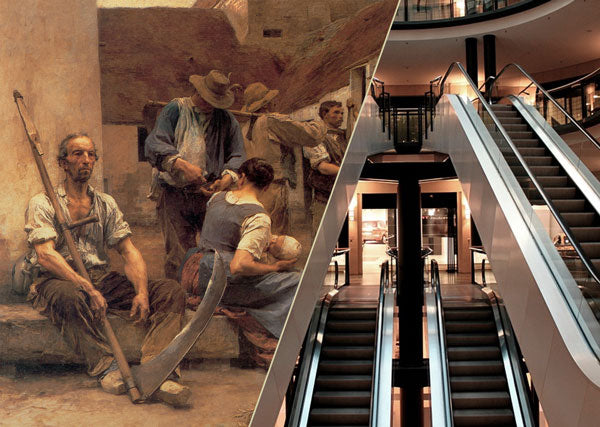


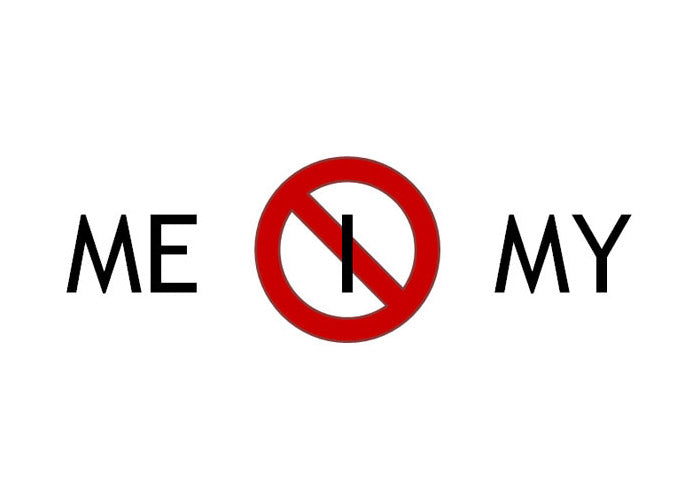

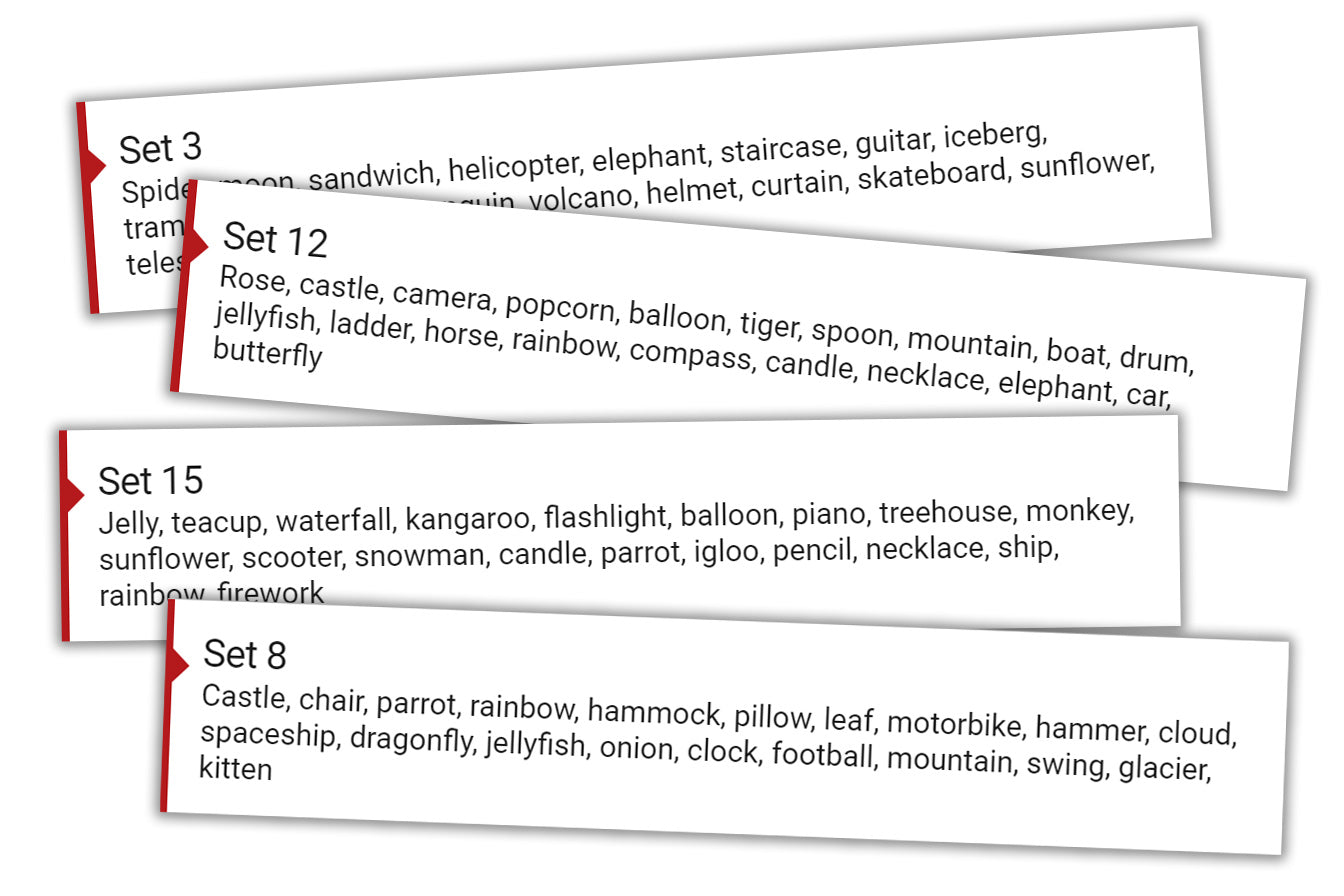
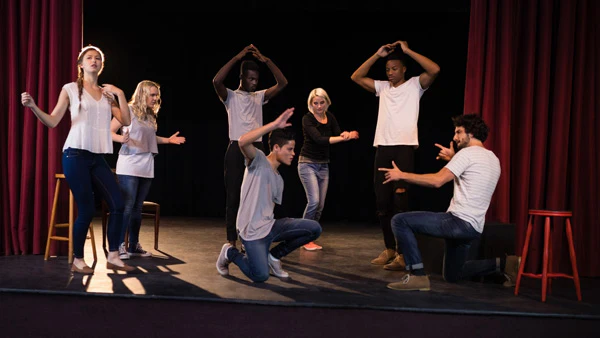
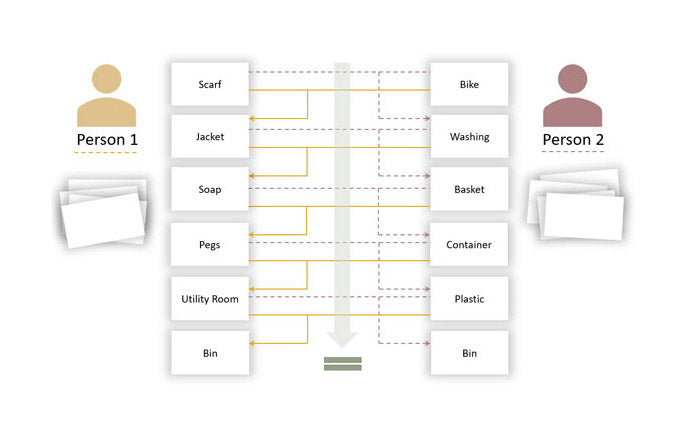
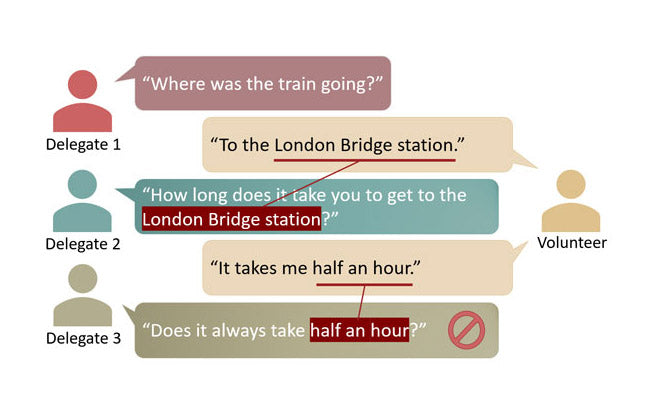
Leave a comment
All comments are moderated before being published.
This site is protected by hCaptcha and the hCaptcha Privacy Policy and Terms of Service apply.